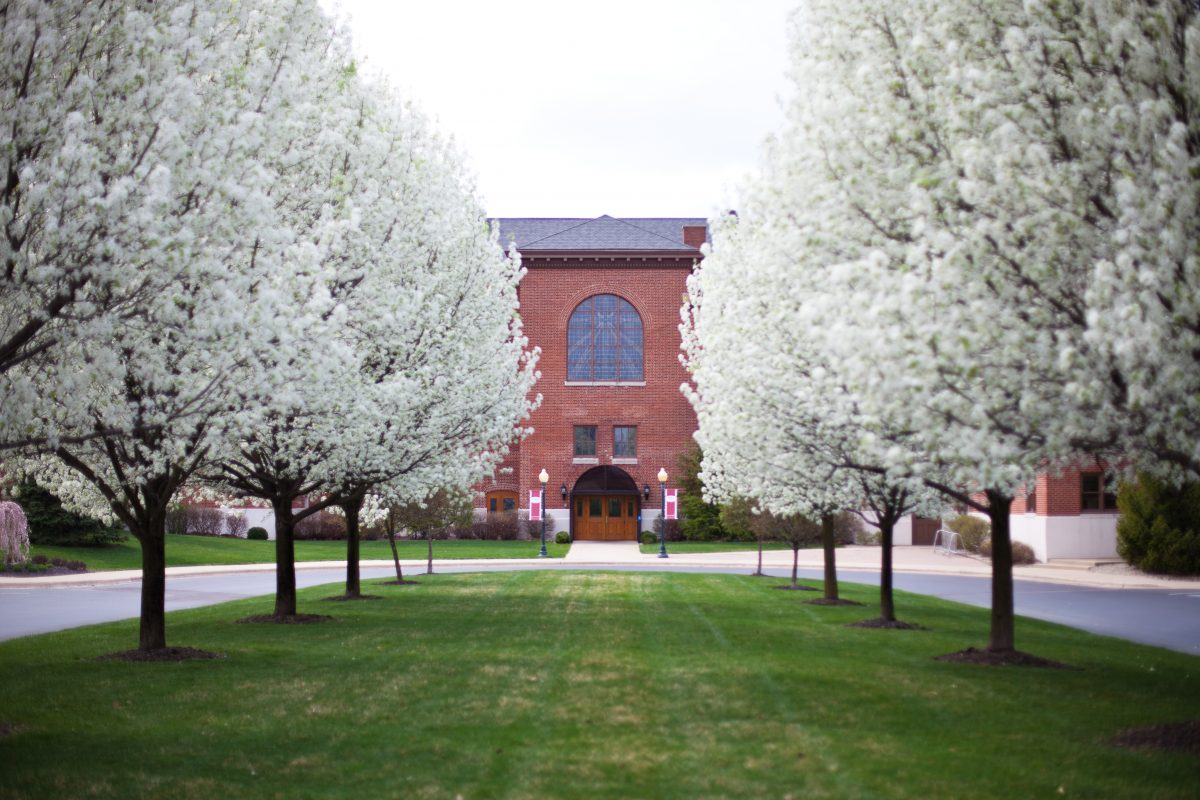March 16, 2020
Exploring Virtue in Mankind | Part 3: China and the Impact of Virtue
Written By Grace Seminary
Tagged With

The Western view of virtue it that it is the essential characteristic of the citizens of a self-governing republic.
What about virtue for the nations of the East and especially China with its ancient empires and now its communist centralized system? What role does the virtue of the people play in China?
Not much.
The current strain of Coronavirus (Covid-19) has reminded the Chinese that in the past “natural disasters undermined the emperor’s claim to rule. More that one dynasty fell after catastrophes signaled that Heaven had withdrawn its favor.” “It was not only seen as ineptitude when a ruler was unable to protect his people from floods or famine (or the smallpox and measles outbreak that took nearly one third of the population in the 100s AD). Such bungling showed that the emperor lacked virtue and deserved to be overthrown.” (Economist Feb 1, 2020. p35).
Even in the East the idea of virtue was also very important. Virtue was, however, to be found in the emperor rather than in the people.
In the West we no longer look to a divinely appointed monarch to embody the virtue necessary to lead a nation well. Many European monarchs, deluded by their own power, never gave virtue a thought. Others, and I think of Queen Elizabeth here, took their responsibilities very seriously even if her predecessors and apparent successors cannot demonstrate similarly virtuous commitments.
Social order requires virtue whether that virtue is found in God or the 10 commandments or the law or the people. And that virtue, as noted in the earlier post, was reasonable, benevolent, civil, courageous, and moral. Those that make no pretense of virtue reign by terror or a formal system of honor and obedience. They do produce order but at the expense of their own people. How can that be legitimate?
The goal is, as the Economist article continues, to avoid “chaos and dysfunction.” As to legitimacy, it is important that the virtue of the leader is evident. “(China) claims to be a nations-sized family headed by a patriarch of unique wisdom and virtue in a secular, 21st century version of the mandate of heaven.” (ibid).
The Coronavirus reminds me of the early centuries of the church when Christians were willing to go to the hovels of the sick to help restore them to health; they went to the woods to rescue unwanted babies left to be exposed. These Christians, who apparently feared death less than I do, earned the deep gratitude of the pagans who they helped survive many of whom became Christians themselves.
What is the Christian definition of virtue? It’s not China’s circumstantially determined approval of Heaven, nor the worthy character traits that the Greeks encouraged. Virtue, as I noted above, is the unique biblical characteristics given as commands by Jesus to love God and to love each other.
This is the character of the people of virtue who impact all of society.

John Teevan, PhD
Adjunct Professor, School of Ministry Studies
Share
Tagged With


